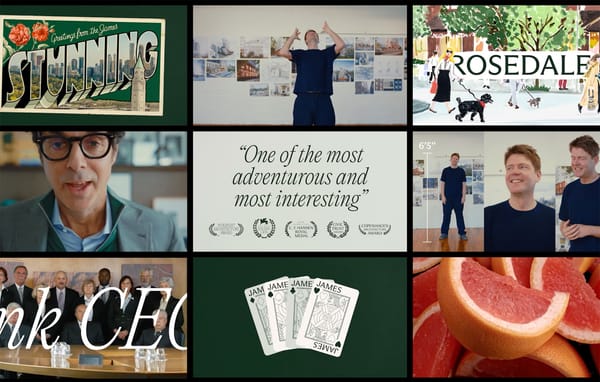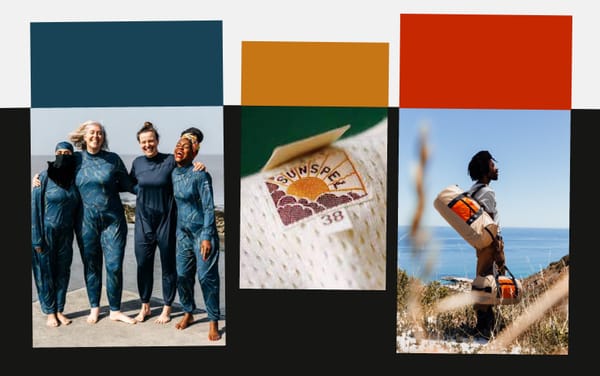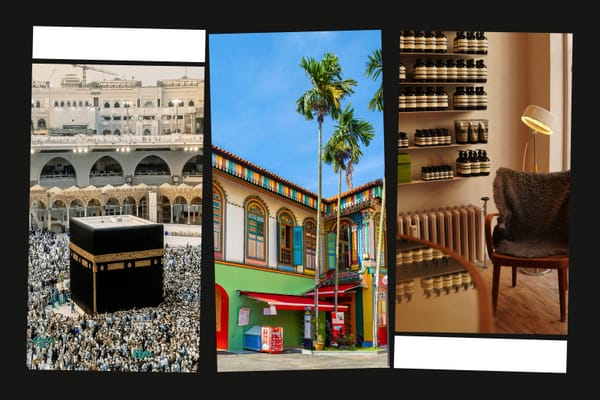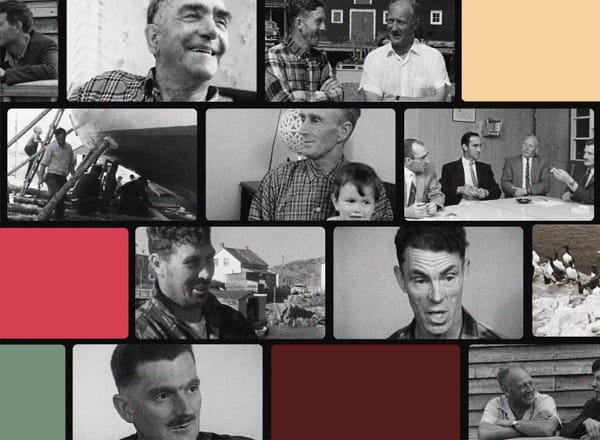Supporter Update 🤝🏻 May 26, 2023
Great things to read, watch, and listen to

Hi everyone,
Thanks for being among the first subscribers to Frontier Magazine! The publication is free for everyone but sustained by patrons like you who find value in it and have the means to support our efforts.
You’ll receive a digest every few Fridays offering even more new and newly relevant ideas from the arts, the built environment, and technology (which will then be made available to everyone the following Wednesday).
These updates will be more casual and more link-packed. They’ll offer some behind-the-scenes insight, more context on the ideas in recent issues, and stories that are fascinating but didn’t make it in to our Wednesday editions.
The forecast promises a beautiful weekend in Toronto. I hope that’s true for where you are, too, and that you find something here to read, watch, listen to, or consider.
Love all ways,
Brian
Remix
Editing these issues inevitably means cutting out interesting but tangential material. In Remix I will share some of the fragments that give a sense of where the story might have gone.
This week’s newsletter uses a 2019 meme—creating a little park for Google Docs cursors to relax in—to set up a discussion about creatively repurposing the affordances of large tech platforms. Initially I had a few sentences talking about how the “visible co-presence” of cursor parks could be seen as a primitive ancestor of the collaborative spatial canvases now so prevalent in creative industries today. Think about Figma, Miro, Muse, or the many other “digital whiteboards,” or how you can see others working on your Airtable bases or Notion workspaces. It led me to two stories worth sharing now:
- Last autumn, the website for Linear, a well-regarded issue-tracking app for software developers, came under attack from hackers. The team quickly replaced its homepage with the Figma files used to design it and accidentally-on-purpose created “what will surely go down in history as one of the best Figma parties of all time.” Click that link to read an interview with the designers and engineers who made it happen and see an amazing time-lapse video.
- In early February, my pal Tom Critchlow and his partner Nate Kadlec launched Figma Thinkers, “a course for non-designers to become confident using Figma.” Their argument: that the app and its peers are “leading a revolution in the world of work—ushering in a more visual, more expressive and more immerse working experience.” Do you see similar changes in your working world?
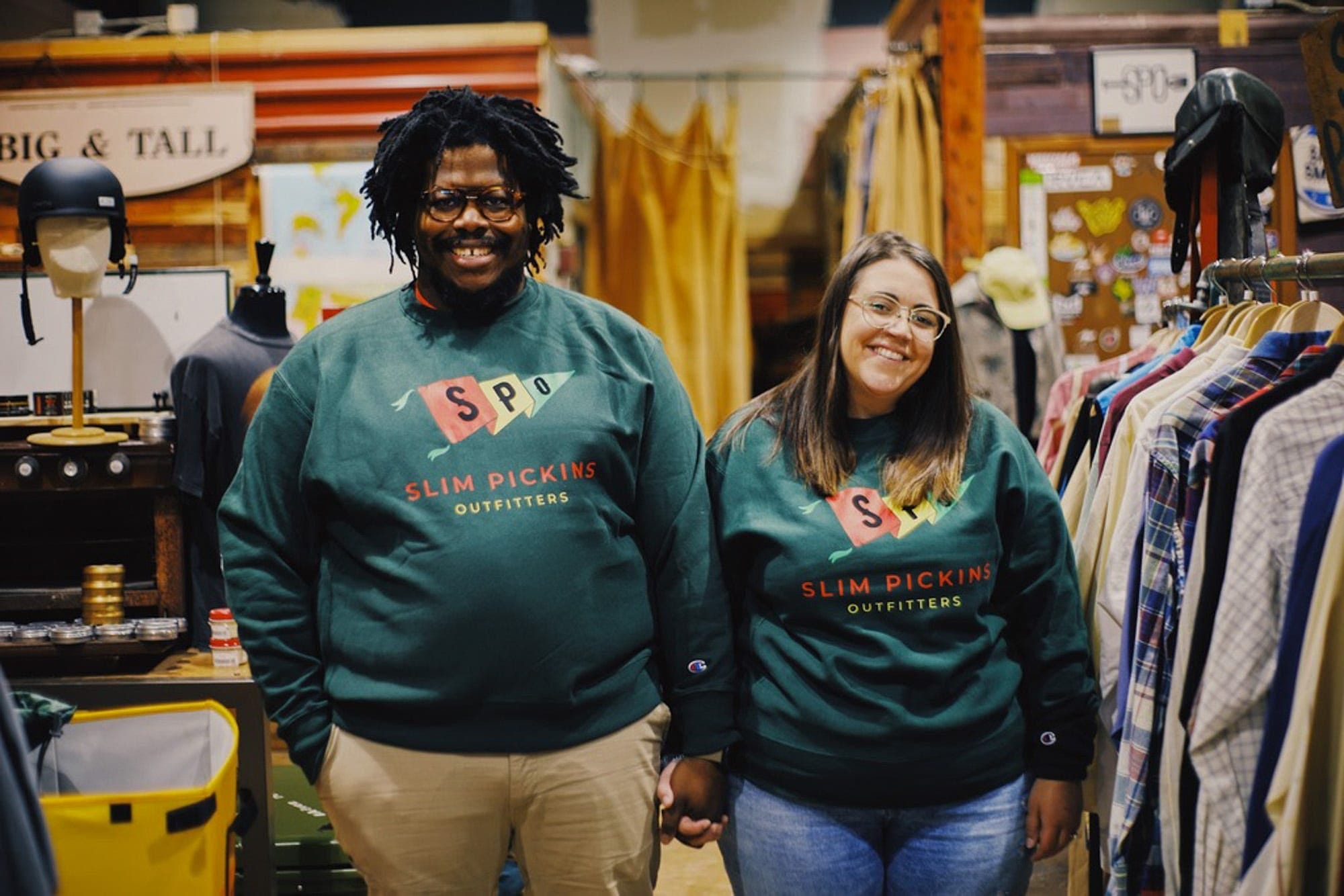
Updates
Once I write an issue, I seem to become an ongoing magnet for related stories. Here are a few updates. If you read something in Frontier Magazine that relates to your own interests or research, I’d be delighted if you sent links my way. I’m always reading, processing, and sharing.
- In February, I wrote about two inspiring Mexico City–based architecture firms, one of whom focuses on water management. Today’s Why Is This Interesting? talks about the subject from other angles: aquas negras, or sewage; why Mexicans lead the world in per-capita bottled-water consumption, and how the capital’s landscape affects migration patterns.
- At the beginning of May, I wrote about Causal Islands, a conference that offered visions of human-scale, companionable technology. All the talks from the event have now been uploaded to YouTube, in this playlist. If you have time, consider watching or listening to Jasmine Wang, Geoffrey Litt, Jenn Schiffer, and Maggie Appleton, each of whom I mentioned in my write-up.
- In February, I wrote a love letter to Wikipedia. A few weeks ago, Claire Woodcock wrote for Vice on how “AI is tearing Wikipedia apart.”
- Last September, I talked with Jade Akintola, the founder of ITA Leisure, about “lowering the barriers to outdoor pursuits for people of color.” I recently came across Daniel Giacopell’s newsletter, one issue of which is an interview with Jahmicah and Heather Dawes, proprietors of “the first Black-owned outdoor shop in the US.”
- Last December, I interviewed scholar and curator Gerald McMaster on “valuing Indigenous ways of seeing.” His exhibition “Arctic/Amazon” included films made by and in collaboration with Yanomani peoples in Brazil. For the New Yorker, my old pal Chris Wiley wrote about Claudia Andujar, who has dedicated her life to documenting and supporting Brazil’s Indigenous peoples.
Even more
More fascinating material from the lists I keep for you.
- 🛶 Leyland Cecco, The Guardian’s staff reporter in Toronto, on how the “Don River, once declared dead, is roaring back to life,” with an overview of several multi-billion-dollar projects
- 🧾 Writer and programmer turned entrepreneur Paul Ford, in Wired, on the “one true climate career”: certified carbon accountant (here’s an archive snapshot if you hit the paywall)
- 📸 A fifteen-minute video introduction to the late South African photographer David Goldblatt, filmed in the last months of his life and produced by the wonderful Art21. Goldblatt “captured the contradictions of apartheid in stark black and white”; I deeply admire his work
- 🇦🇱 Writer Jacob Mikanowski is a wonderful guide to the cultures and histories of Eastern Europe. This short Albanian travelogue, in The Guardian, alerted me to his forthcoming book, Goodbye Eastern Europe, which I’ll recommend sight unseen. Preorder it as a late-summer beach read?
- 🎧 Omar El Akkad, whose novel What Strange Paradise won Canada’s richest literary prize, is about to launch a new podcast: Without, which imagines “what would the world look like if something we’ve become used to were no longer around.”
Until next time!


